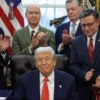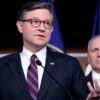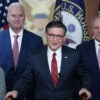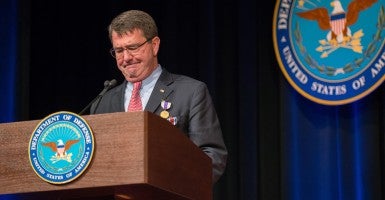On Wednesday, the Senate Armed Services Committee will consider the nomination of Ashton Carter to be America’s next defense secretary.
Most analysts find Carter to be a capable manager, knowledgeable defense expert and savvy bureaucrat. But the problem remains that he can only do so much while Obama and his exclusive National Security Council continue to exert control over American military power.
Yet even as the White House micromanages national security, the secretary of defense still has great responsibility and authority to ensure that the military provides for the common defense. Armed Services Committee members can use their time wisely by questioning Carter about key policies he can shape to improve the state of the military. Here are a few key questions they should ask:
- The president’s fiscal year 2016 budget request asked for $585.3 billion for defense funding. This exceeds the legal limit imposed by the Budget Control Act of 2011. What level of confidence do you have in the military to execute all its required missions if Congress is unable to pass a bill that alleviates funding restrictions under sequestration?
- What effect does the instability of long term funding wrought by Congress’ inability to pass normal budgets have on your ability to plan and allocate resources efficiently?
- Having served as the Under Secretary of Defense for Acquisition, Technology, and Logistics, will you place greater emphasis on making the Department run more efficiently than your predecessors? How will you do this?
- Though the fiscal year 2016 budget indicates a slight reversal in the trend of military cuts, the funding levels are still well below what the services have said they need to fulfill all their missions. What are some of the challenges you face in managing the reset from Iraq and Afghanistan while also mitigating threats as diverse as ISIS, Russian-backed separatists, and naval provocations in the South China Sea?
- What are the Department of Defense’s top priorities for fiscal year 2016? What acquisition programs, plans, or policies are essential?
Providing for the common defense requires both a clear commitment from Congress and strong leadership from the executive branch. Neither has occurred in recent years.
As Carter is expected to receive confirmation with ease, the Senate should use this hearing to set the tone for their relationship with him in the coming year and understand his vision for running the military.
































